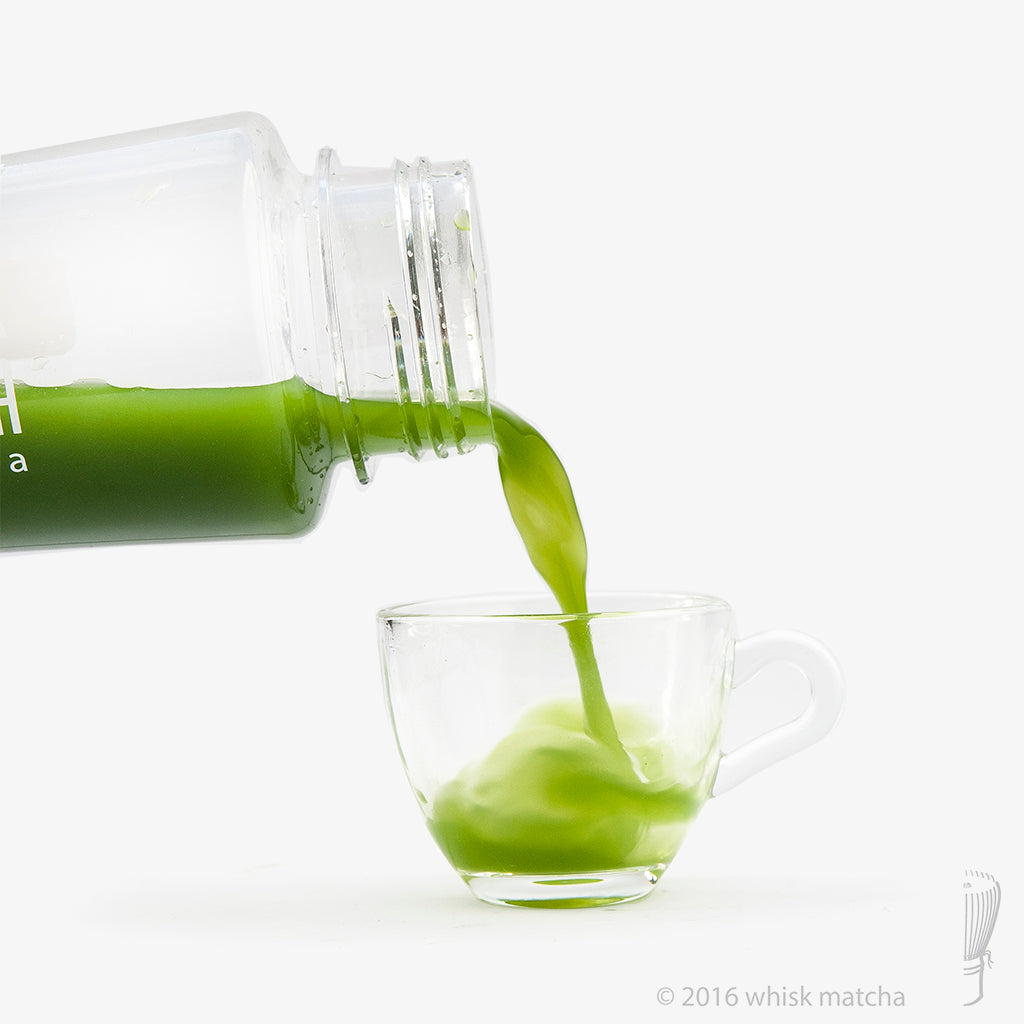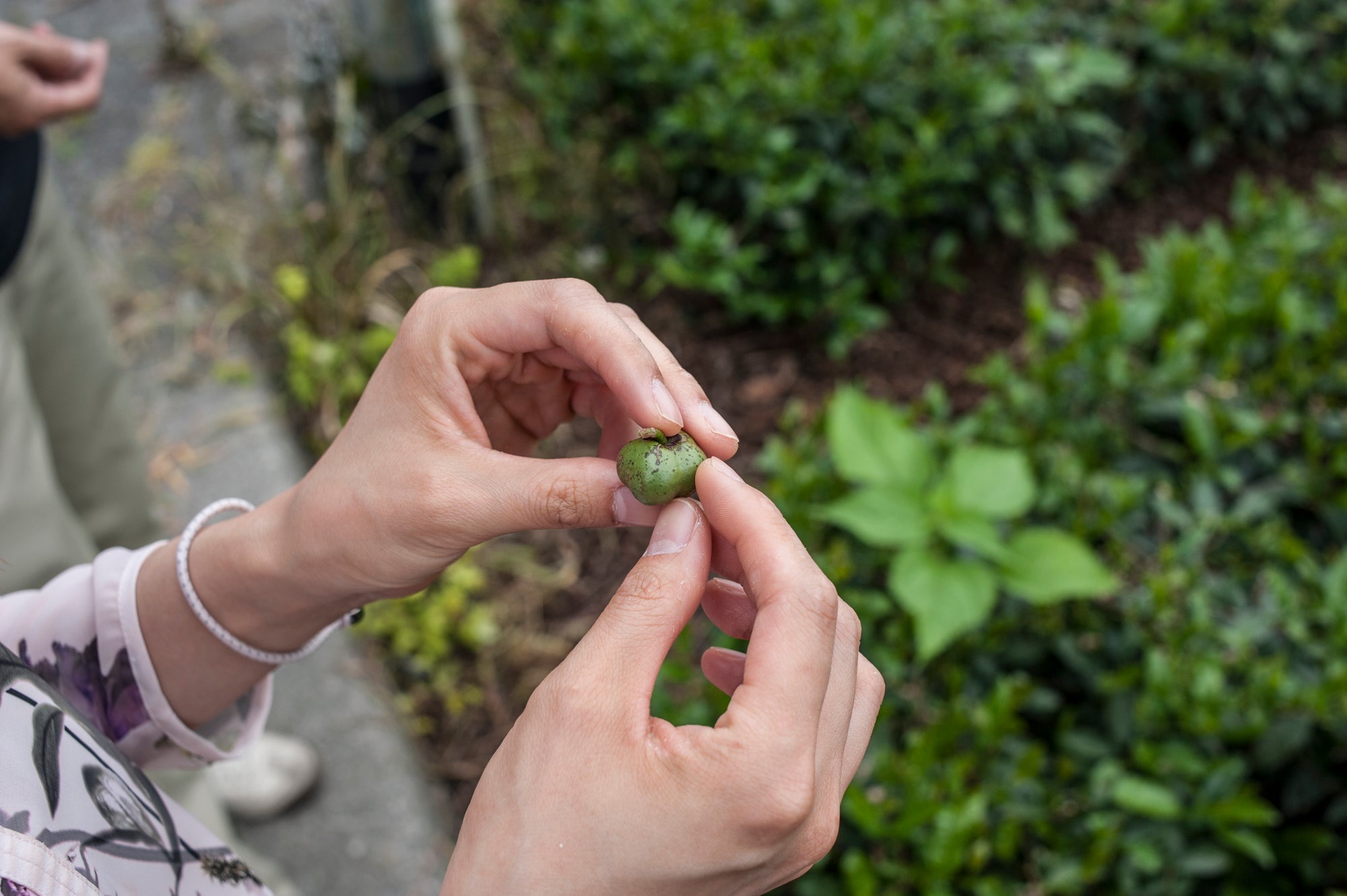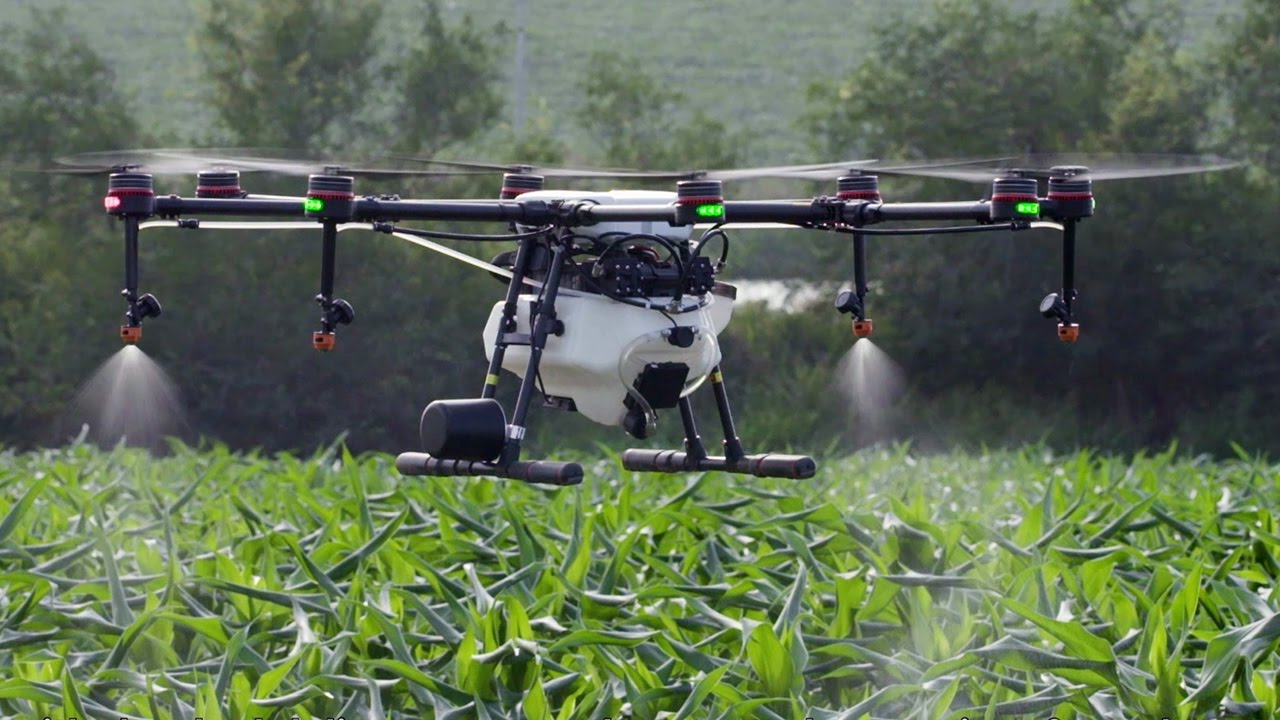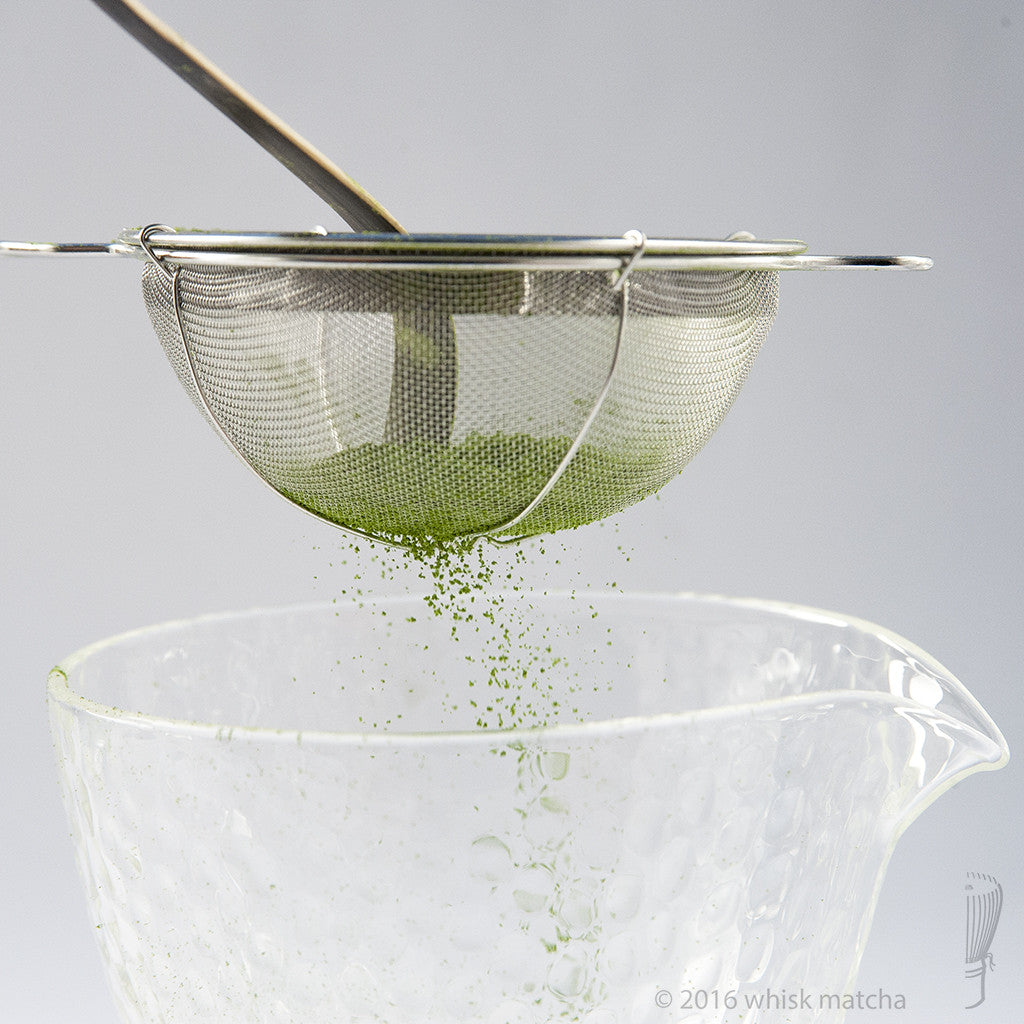News
How can matcha help with your workout routine?
Is your weekend plan including hitting the gym or other forms of workout routine? Do you want to boost your endurance and energy during workout?...
Zarai, Single Cultivar vs. Blended Cultivar - What's the hype?
For the longest time in my life, I thought matcha didn't have varieties and the taste differences would be from different harvest seasons and methods,...
Why choose Organic Matcha?
How much does ORGANIC mean to you? Non-organic matcha (conventional matcha) is cheaper in prices, brighter in color, and richer in taste due to fertilize...
Whisk Matcha: Quality Over Quantity... Always!
These days its so easy to find yourself weaving through seemingly endless isles of mass produced products at large bulk-buy stores throughout North America –...
Health Benefits of Matcha
It’s no secret at Whisk Premium Matcha that we’re fans of all-things Matcha. But matcha does a body good in more ways than one! Here...




